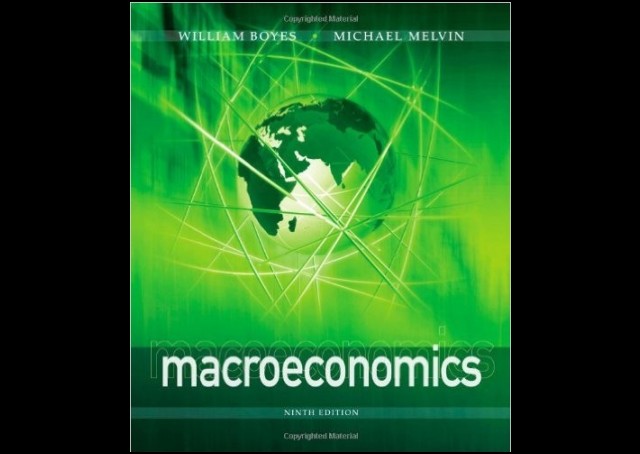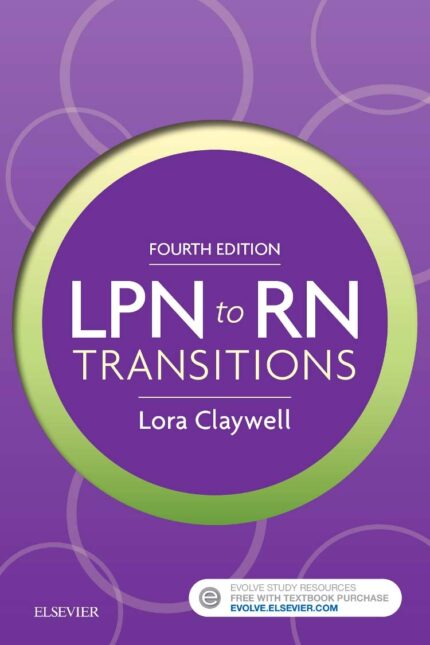Macroeconomics 9th Edition by William Boyes – Test Bank
Macroeconomics 9th Edition by William Boyes – Test Bank
Test Bank For Macroeconomics 9th Edition by William Boyes
Macroeconomics 9th Edition by William Boyes
Macroeconomics 9th Edition
MULTIPLE CHOICE
1. Given that resources can be allocated by the government, the market, a random process, or on a first-come first-serve basis, which of the following statements is true?
|
a. |
The market system is not entirely fair but it creates incentives to increase supplies and improve standards of living. |
|
b. |
The random process of allocation allows individuals to acquire purchasing power and enhances the value of the resources that they own. |
|
c. |
Since the government system does not distinguish between those who have income and those that do not, government allocation of resources is the most efficient. |
|
d. |
There will be no shortages under the first-come first-serve basis of allocation. |
|
e. |
A random process of allocation is fair in the sense that everyone gains and there are no losers. |
ANS: A DIF: Moderate REF: 1.b OBJ: ch. 03, 1
NAT:Analytic | The Role of IncentivesTOP:Allocation Systems
MSC: Knowledge
2.In a country that depends on the government to decide the allocation of resources,
|
a. |
social efficiency is maximized and resources are allocated to where they are most highly-valued. |
|
b. |
individuals are incentivized to acquire higher skills and education. |
|
c. |
the allocation system is fair in the sense that everyone gets an equal opportunity. |
|
d. |
individuals aspire to join the ranks of the government. |
|
e. |
there is hardly any shortage or scarcity of goods. |
ANS: D DIF: Moderate REF: 1.b OBJ: ch. 03, 1
NAT:Analytic | The Role of IncentivesTOP:Allocation Systems
MSC: Knowledge
3.If a society’s scarce resources are allocated by the government, which of the following is most likely to result?
|
a. |
Only those who circumvent the government’s rules will prosper. |
|
b. |
Under a government allocation, no one will have to do without. |
|
c. |
It provides an incentive to be a member of the government and thus helps determine the allocation rules. |
|
d. |
Under a government allocation, some will have to do without, but the government guarantees that resource allocations are fair. |
|
e. |
Government allocation provides incentives to increase production and efficiency and to create value. |
ANS: C DIF: Easy REF: Ch 3, 1. c OBJ: ch. 03, 1
NAT: Analytic | The Role of IncentivesTOP: Allocation Systems
MSC: Knowledge
4. Which of the following statements is not true about a market system?
|
a. |
The market system provides an incentive to consumers to acquire purchasing ability. |
|
b. |
The market system magnifies the problem of scarcity of goods and services. |
|
c. |
The market system provides an incentive for allocating resources. |
|
d. |
The market system provides an incentive to improve the quality of goods produced. |
|
e. |
The market system provides everything everyone wants to consume. |
ANS: B DIF: Easy REF: 1. b OBJ: ch. 03, 1
NAT: Analytic | The Role of IncentivesTOP: Allocation Systems
MSC: Knowledge
5._______ ensure that resources are allocated to where they are most highly valued.
|
a. |
Communist governments |
|
b. |
Consumers |
|
c. |
Suppliers |
|
d. |
Non-governmental organizations |
|
e. |
Markets |
ANS: E DIF: Easy REF: 2 OBJ: ch. 03, 1
NAT: Analytic | The Role of IncentivesTOP: Allocation Systems
MSC: Knowledge














Reviews
There are no reviews yet.